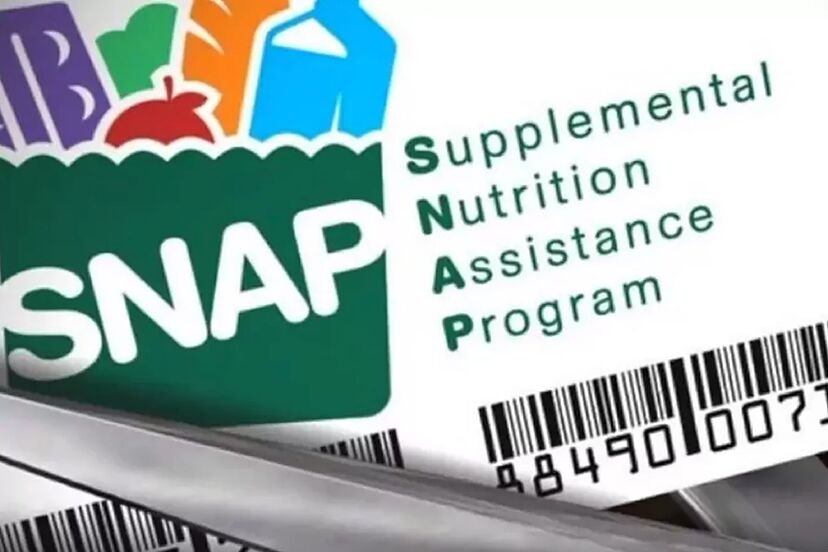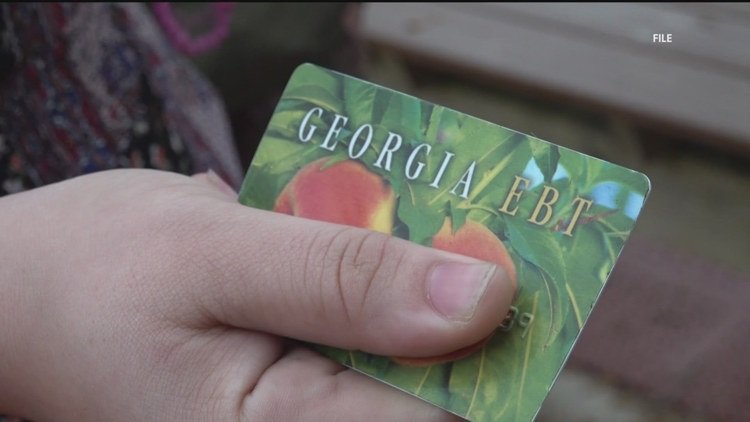$186 Billion Cut From Food Stamps Draws Scrutiny Over GOP Hypocrisy
UNITED STATES — A new federal budget measure championed by former President Donald Trump and Republican lawmakers includes a $186 billion reduction in food stamp funding, sparking outrage among advocates and critics — especially after a viral image called out Sen. J.D. Vance for benefiting from the same program as a child.
The viral meme, which has circulated widely on social media, features Vance’s face alongside the claim:
“Trump and Republicans just cut food stamps by $186 BILLION. You know who benefited from food stamps when he was a kid? THIS HYPOCRITE.”
While blunt in tone, the post touches on a deeper political reality: millions of Americans—including some now in Congress—have relied on the Supplemental Nutrition Assistance Program (SNAP) to survive economic hardship.
The Budget Cuts: What’s Changing?
The $186 billion reduction was enacted through the so-called “Big Beautiful Budget Bill,” which passed both chambers and was signed into law earlier this year. The legislation:
- Imposes stricter work requirements on adults aged 50–64
- Limits waivers for certain individuals in areas of high unemployment
- Gradually shifts more financial responsibility to states
- Results in 2 to 3 million fewer recipients, according to the Congressional Budget Office
This is one of the largest cuts to the SNAP program in U.S. history and affects low-income families, seniors, and even military households who depend on food assistance to make ends meet.
The J.D. Vance Controversy
Sen. J.D. Vance (R-OH), who rose to prominence with his memoir Hillbilly Elegy, has spoken openly about growing up in poverty. In interviews and in his book, he describes how his family relied on food stamps during hard times in Ohio.
Critics argue that supporting drastic cuts to the program he once benefited from is politically inconsistent — and even hypocritical.
“This is the classic case of ‘I got mine, now pull the ladder up,’” said one Ohio-based community organizer reacting to the cuts.
Vance has not publicly addressed the viral post, but he has defended the budget bill as a necessary move to encourage self-reliance and reduce government spending.
The Bigger Picture: Who’s Impacted by SNAP Cuts?
According to USDA data, over 42 million Americans currently rely on SNAP. That includes:
- Working families who don’t earn enough to meet rising food and housing costs
- Disabled and elderly recipients on fixed incomes
- Veterans and active-duty military families
- Residents of rural red states, where SNAP enrollment is often higher per capita
A Business Insider report noted that the cuts may disproportionately hurt voters in Republican-leaning regions, particularly in Appalachia, the South, and rural Midwest counties.
SNAP: A Political Football With Real Consequences
Though SNAP has historically enjoyed bipartisan support as an anti-hunger tool, recent years have seen it become a political battleground. Republicans often cite fraud and dependency as justification for cuts, while Democrats argue the program is efficient, temporary, and essential to keeping families out of poverty.
Many advocates say the new policy sends a troubling message.
“If you needed help once, you should know better than anyone how vital it is to keep that safety net in place,” said a spokesperson for Feeding America.
Do you think politicians who once relied on food stamps should oppose cuts to the program? Add your perspective in the comments at SaludaStandard-Sentinel.com.







